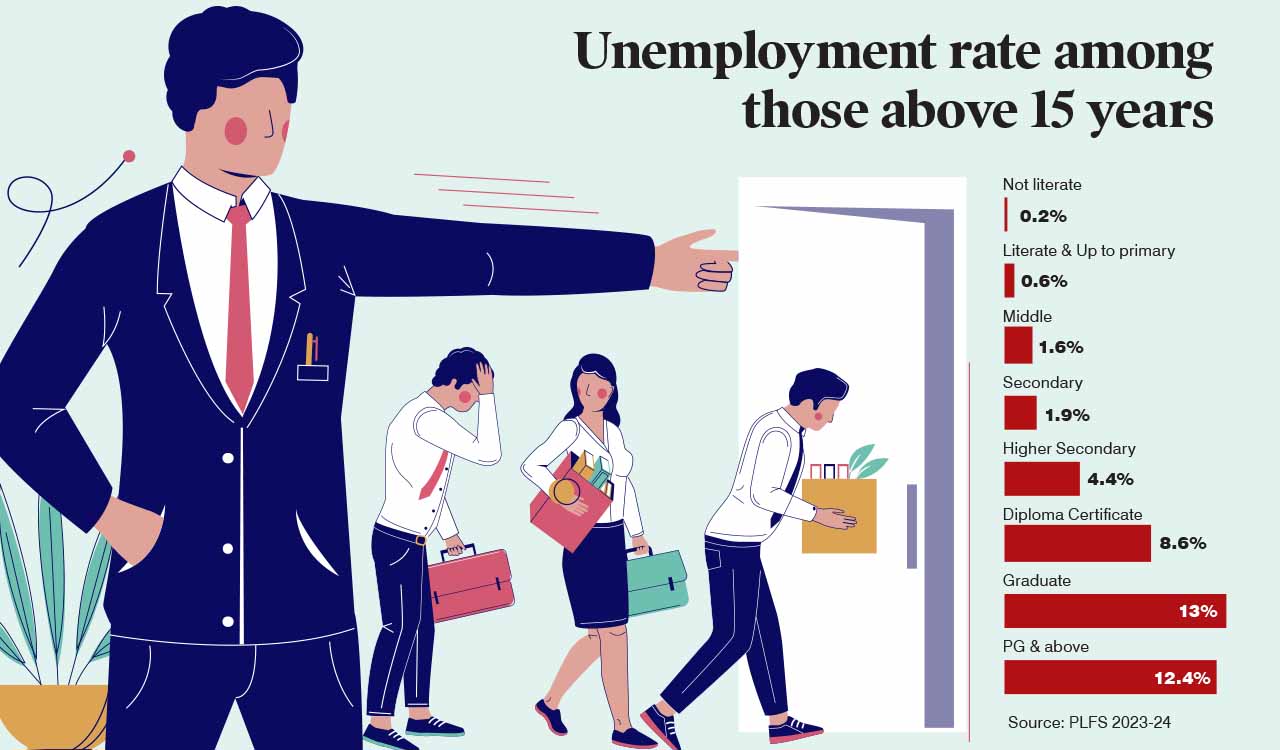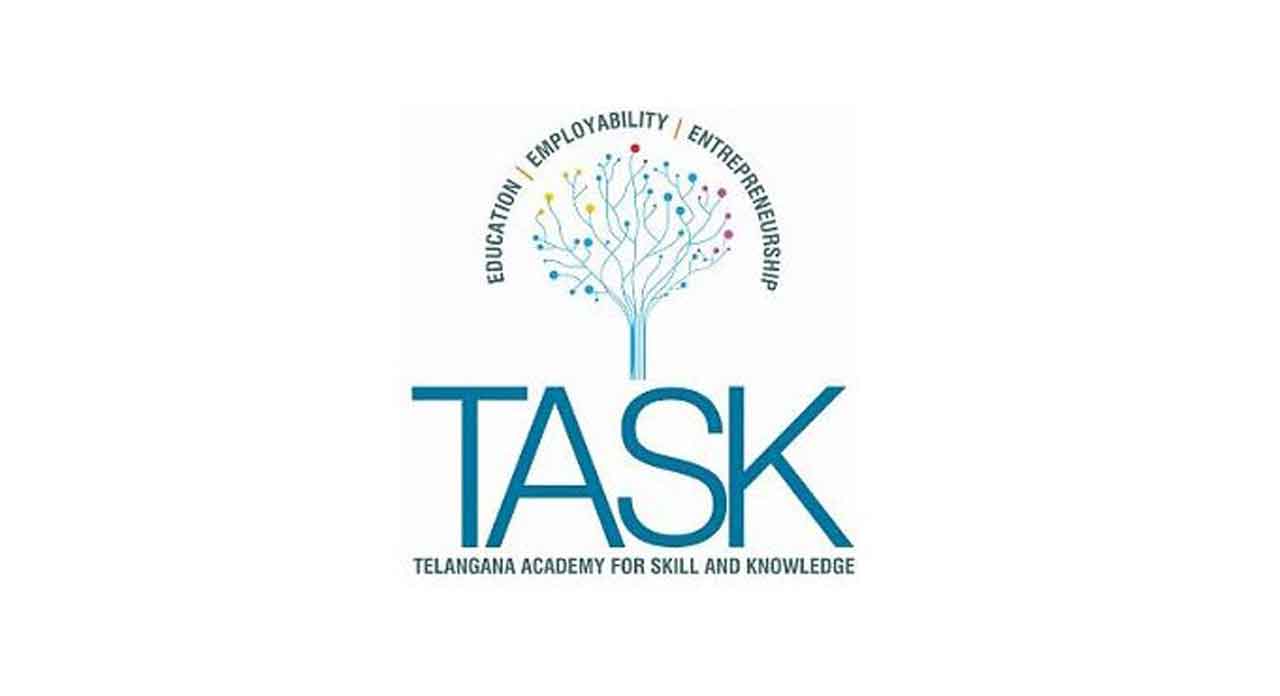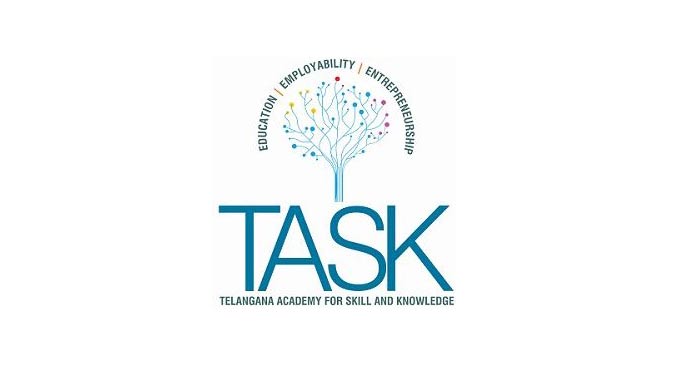NIN led consortium advocates for additional health tax on sugary drinks, salty foods
The consortium, titled ‘Let’s Fix Our Food’ and led by NIN, recommended additional health tax of 20 percent to 30 percent on sweets and confectionaries, health tax of 32 percent on SSBs and HFSS. The group recently submitted its report to ICMR and NITI Aayog.

Hyderabad: A consortium of top research institutions from India, led by Hyderabad-based National Institute of Nutrition (NIN), has recommended imposition of a health tax on High Fat, Sugar and Salt (HFSS) foods and Sugar Sweetened Beverages (SSBs), and the restriction of advertisement of such food products to children across all formats such as television and internet, as a measure to combat adolescent obesity and Non-Communicable Diseases (NCDs).
The consortium, titled ‘Let’s Fix Our Food’ and led by NIN, recommended additional health tax of 20 percent to 30 percent on sweets and confectionaries, health tax of 32 percent on SSBs and HFSS. The group recently submitted its report to ICMR and NITI Aayog.
The reason for such a recommendation is to halt the epidemic of obesity and diabetes. The country needs a comprehensive action plan that combines taxation with restriction on marketing of unhealthy foods, improved food labeling, and increased awareness and information about unhealthy foods,” the consortium’s report said.
Unhealthy foods are major contributors to obesity and related diseases. Sugar sweetened beverages and HFSS foods are important contributors to the rising burden of obesity, NCDs and tooth decay, in India. Overweight and obesity account for four million deaths annually and almost three-fourths of these deaths are in low and middle-income countries,” the Let’s Fix Our Food report stated.
The World Health Organization (WHO) recommends taxation as one of the most cost effective tools. Over 70 countries are using health tax as an effective tool for reducing consumption of SSBs and unhealthy foods. Increase in SSB prices by 20 percent may lead to reduction in consumption to around 20 percent, consortium reported.
About 20 percent increase in SSB prices may reduce overweight and obesity by 3 percent and type-2 diabetes by 1.6 percent in India. Taxes will increase revenues for the government and can be used to subsidize healthy food options like fruits and vegetables. There is, however, no clear health tax policy in India, as the existing goods and service tax (GST) does not differentiate between healthy and unhealthy foods.
The report made it clear how consumption of sugar, salt etc among the population in India has gone-up over the years. “From 2000 and 2010, per capital consumption (grams per day) of Sugar increased from 22 gms/ day to 55 grams/day. By 2021, our estimate suggests that the consumption has gone-up to 68 grams per day. Consumption of table salt increased from 9 to 12 grams per days while fat increased from 21 gms to 54 gms per day,” the report said.
Major recommendations:
• Additional health tax of 20 to 30 percent on sweets and confectionaries
• Health tax of 32 percent on sugar sweetened beverages
• 20 percent increase in prices can reduce overweight/ obesity by 3 percent and type-2 diabetes by 1.6 percent
• Taxes will increase revenue for government can be used to subsidize health food like fruits
• Such a health tax is already being implemented in 70 countries
• Restrict advertisements of high sugar and salt food products to children across all formats
• Stringent implementation of Prevention of Misleading Advertisements, 2022
Related News
-
Telangana crime briefs
2 mins ago -
Telangana govt plans 2.5 km suspension bridge across Mir Alam Tank, to develop it into a tourism spot
15 mins ago -
What’s wrong in BJP MP Arvind wishing Sridhar Babu to become Telangana Chief Minister: Mahesh Kumar Goud
23 mins ago -
KTR, Harish Rao pay tributes to Mahatma Phule on his birth anniversary
29 mins ago -
Protocol violated druing Telangana Ministers’ tour in Sircilla
37 mins ago -
US, Indian troops hold large-scale joint landing drill on Kakinada Beach in Andhra Pradesh
41 mins ago -
Harish Rao urges Telangana Congress government to clear pending BAS funds
42 mins ago -
Ramagundam Police advise people not to believe in rumours of earthquake in coal belt area
43 mins ago




